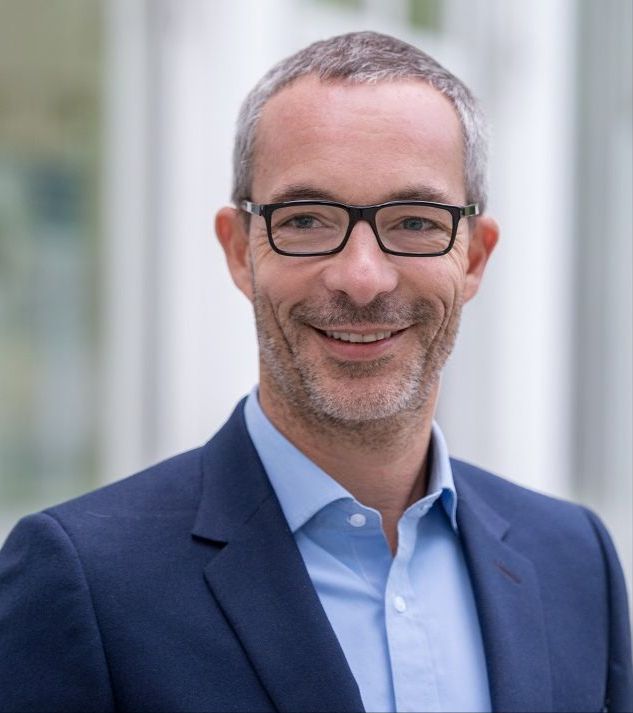Translationale Immunologie
Prof. Dr. Helmut Salih
Our research focuses on the field of tumor immunology/biology. We study the molecular mechanisms influencing tumor-immune interaction with the aim to develop novel strategies for cancer immunotherapy. Our work is aimed to elucidate the function of various immunoregulatory molecules like the NKG2D/NKG2D ligand molecule system and the TNF/TNFR family in immune and tumor cells and the influence of other cell types on antitumor immunity. This not only serves to improve the efficacy of available immunotherapeutic strategies, but also aims to identify novel targets for the key aspect of our work: the conceptualization of novel Fc-optimized and bispecific antibodies as well as modified immunoreceptor fusion proteins and peptide vaccination strategies for cancer treatment Promising preclinical concepts for induction of NK and T cell anti-tumor reactivity are then developed until the stage of clinical evaluation, which is at the core of our understanding of “Translational Immunology”.
As of 2024, 15 clinical trials have been initiated to evaluate own-developed immunotherapeutics. These comprise, amongst others, Fc-optimized monoclonal and bispecific FLT3 antibodies in patients with leukemia [Heitmann et al, J Hematol Oncol 2023, NCT02789254, NCT05143996], a PSMAxCD3 bispecific antibody for treatment of prostate being evaluated in patients with advanced disease and as first line therapy for biochemical recurrence of the disease [NCT04104607, NCT05646550]. In another trial, we clinically evaluate a CD276xCD3 bispecific antibody for treatment of colorectal and breast cancer [NCT05999396]. Several other trials evaluating (combinations with) peptide vaccines and also novel bispecific CD28 costimulators (BiCos) are upcoming. Clinical development of our combinatorial BiCo approach is conducted within a recently founded spin-off company (Twyce GmbH) supported by Sprin-D (Federal Agency for Disruptive Innovation) with 45 Million €.
Future projects and goals
Overall, the superordinate goal of our work is to accelerate the development of novel immunotherapeutics until evaluation in early clinical trials to improve treatment options for cancer patients.

Prof. Dr. Helmut Salih
Professur - Partnerstandort Tübingen
Universitätsklinikum Tübingen, Eberhard Karls Universität Tübingen
Translationale Immunologie